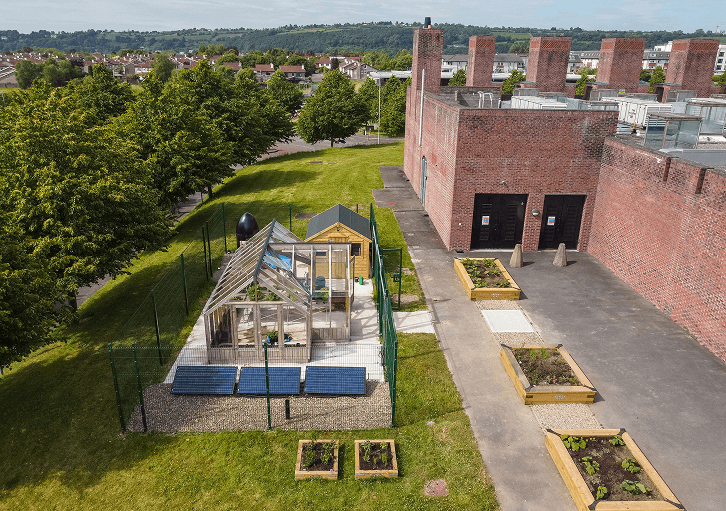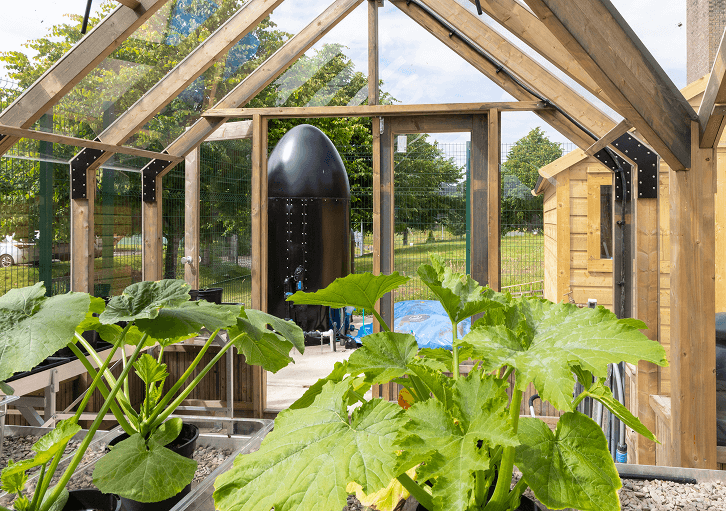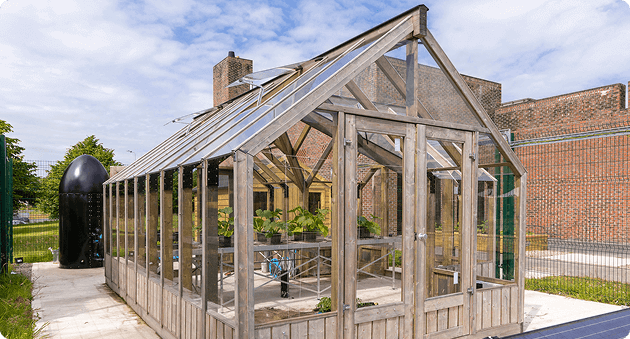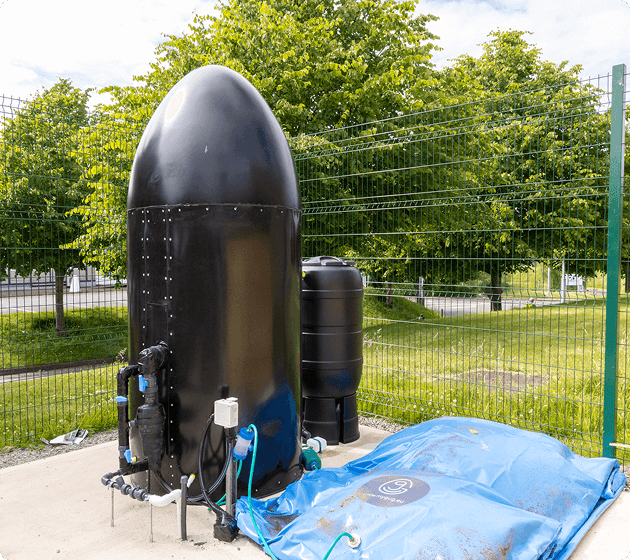Munster Technological University’s zero-waste policy supported by MyGug
The Challenge
Munster Technological University’s Department of Tourism & Hospitality has implemented a zero-waste policy as part of the University’s Sustainability Action Plan and facilitated by MTU’s leading Sustainability Centre.
Staff and students at the department, renowned for its state-of-art culinary facility, significantly reduced the level of food waste created in practical culinary classes since the zero-waste policy was first introduced.

Photo courtesy of Shaunagh O’Connell, MTU
The Solution
Sustainability, circularity, collaboration and education:
The Department of Tourism & Hospitality at MTU has activated an innovative ‘Waste to Taste’ (W2T) initiative for unavoidable food waste using Anaerobic Digester technology.
MyGug is a small, compact digester that converts food waste to a valuable resource, supporting MTU’s Waste to Taste (W2T) initiative. MyGug uses the natural process of anaerobic digestion to turn food waste to clean, renewable energy for cooking and water heating, in addition to a valuable liquid bio-fertiliser for growing, The W2T project is promoted in MTU as ‘best practice’ for integrating UN Sustainable Development Goals (SDGs) into the curriculum.

Key Benefits
Research Value

Measurable Outcomes
The unit can treat 6.7 Tonnes of food waste per year (18kg of food waste per day) which produces up to 3300L of biogas per year (equivalent to 670kg of compressed gas).
- Immediate reduction in carbon emissions from food waste
- Overall quantities of food waste reduced
- Supply of clean energy
- New research capabilities
- Energy savings on fossil fuel use
- Savings on food waste collection and associated environmental costs
As sustainability is becoming embedded in modules, MTU is providing a ‘real life’ example of how food waste can be managed within a culinary and restaurant system. This is providing tangible links for students between their theory, practical or work experience classes. Through MTU’s use of the MyGug anaerobic digestor, monitoring of food bins and growing of crops is also attracting attention across campus.

MTU is a ‘living lab’ delivering sustainability solutions to real world problems, where all staff and students can contribute to sustainability solutions
The Department of Biological Sciences is testing the bio-fertiliser to determine its constituents. Students in the Department of Physical Sciences are engaged in a project to process the data generated by the unit via the MyGug dashboard to identify trends and correlations, e.g. temperature correlation with ambient conditions, waste generation trends.
Collaboration is generating new ideas to boost the project further, for greater impact. For example, the project coordinator identified opportunities such as increasing solar energy to implement other food growing options, rainwater harvesting from the glasshouse to support plant growth, and the implementation of sensors to capture data on growing cycles and patterns.
Training: All staff in the Department of T&H have received specialist training on how to use the
MyGug system, as well as understanding how the process works.